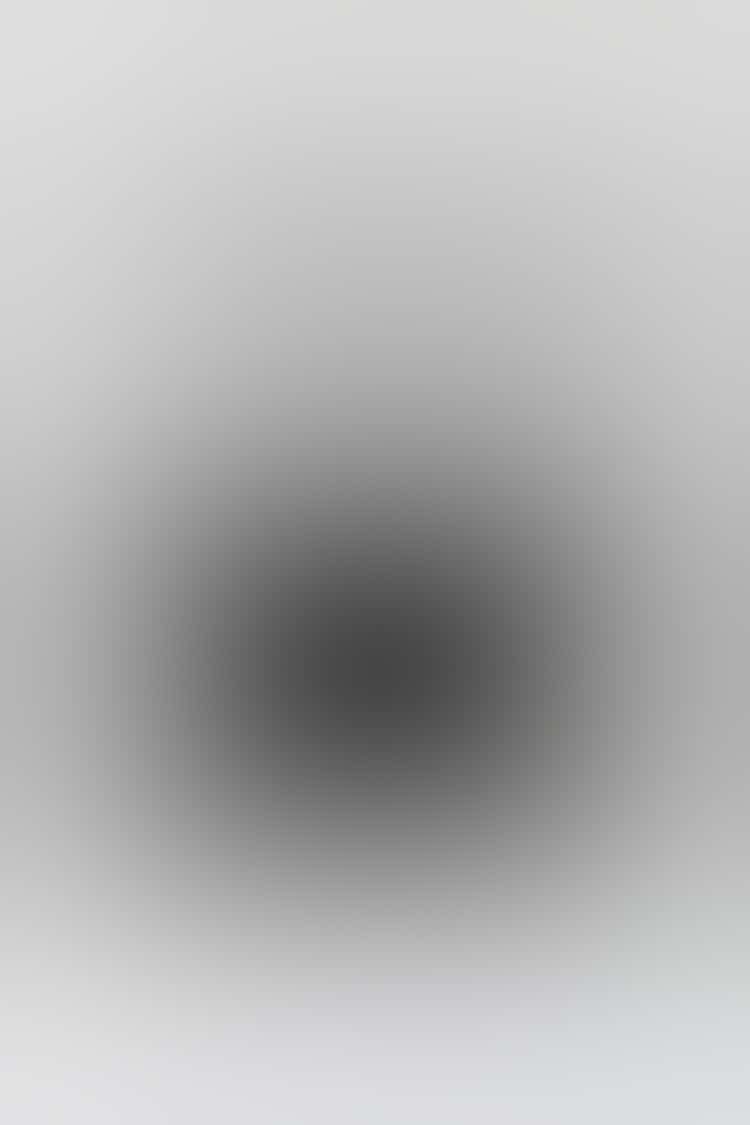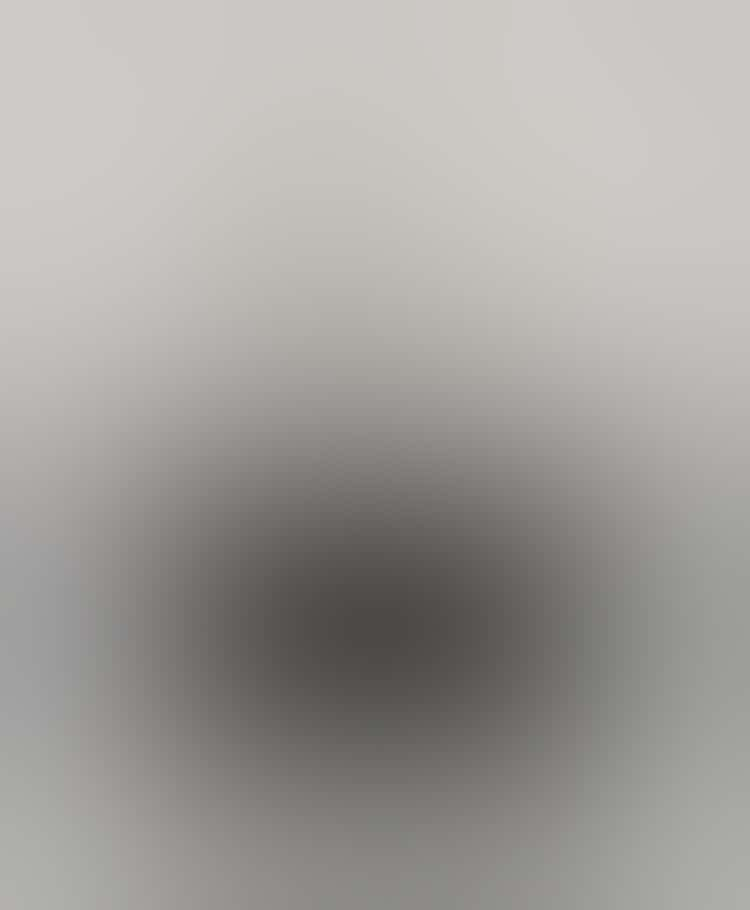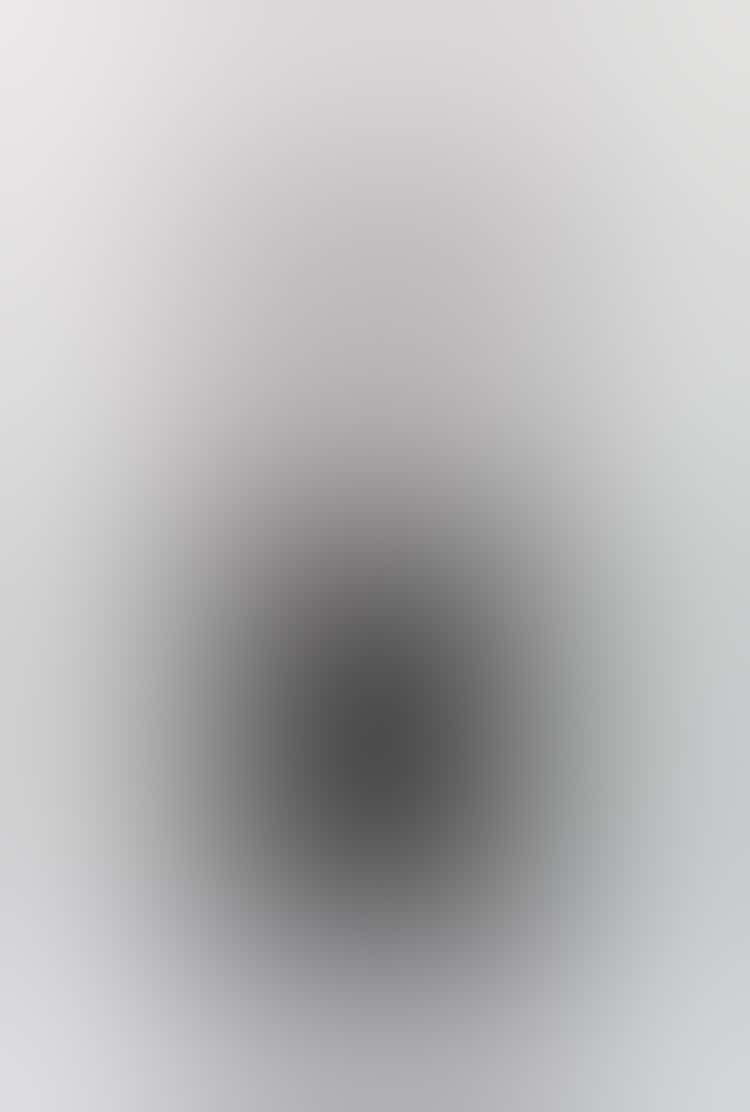This exhibition focuses on Night/Crimes, a series Gaines created from 1994 to 1997, in which he paired archival photographs of violent crime scenes, victims, and indicted murderers with images of constellations that could have been seen in the night sky when the crimes occurred. Written onto the Plexiglas covering each pair of photographs are the location and date of the crime, the astronomical position of the pictured constellation, and lastly, a date 50 years after the first one.

Night/Crimes: Taurus, 1995
Charles Gaines
Courtesy of Hauser & Wirth
While the paired photographs of Night/Crimes suggest narrative cycles of violence, justice, astrology, and fate, there is no causal connection between the artworks’ various elements. “The murderers pictured in the mug shot-type photographs are not the ones who have committed the crimes you see in the crime scene,” says Gaines. “Nevertheless, it seems compelling to people to override the fact that this relationship is completely made up.”

Night/Crimes: Sagittarius, 1997
Charles Gaines
Courtesy of Hauser & Wirth
As viewers, our instinct is to assume the role of detective: What is the relationship between the chaos of violence and the tranquility of the night sky? How does the injustice of the past influence the present? Are our fates written in the stars?

Night/Crimes: Perseus, 1994
Charles Gaines
Courtesy of Hauser & Wirth
This will be the first museum exhibition of Night/Crimes since it was first shown in 1995. The future dates Gaines etched into each of the works have all passed, inviting a new consideration of the 50-year arc of history that the series addresses. Gaines is also revisiting the series and has made two new Night/Crimes works for this presentation.
On September 18, in conjunction with this exhibition, the performance version of Gaines’s Manifestos 4 will be presented by an ensemble of seven musicians—a woodwind quintet, a pianist, and a tenor—in the museum’s Rubloff Auditorium. For his Manifestos series, which comprises both gallery installations and performances, Gaines took the text of the 1857 Dred Scott v. Sandford Supreme Court decision that proclaimed Black people, whether enslaved or free, were not citizens, and translated each letter into a note or rest according to a set of rules. In Manifestos 4 as in Night/Crimes, Gaines has created a systematic construction that invites visceral response while also questioning their validity.
Charles Gaines: Night/Crimes is curated by Grace Deveney, David C. and Sarajean Ruttenberg Associate Curator, Photography and Media.

